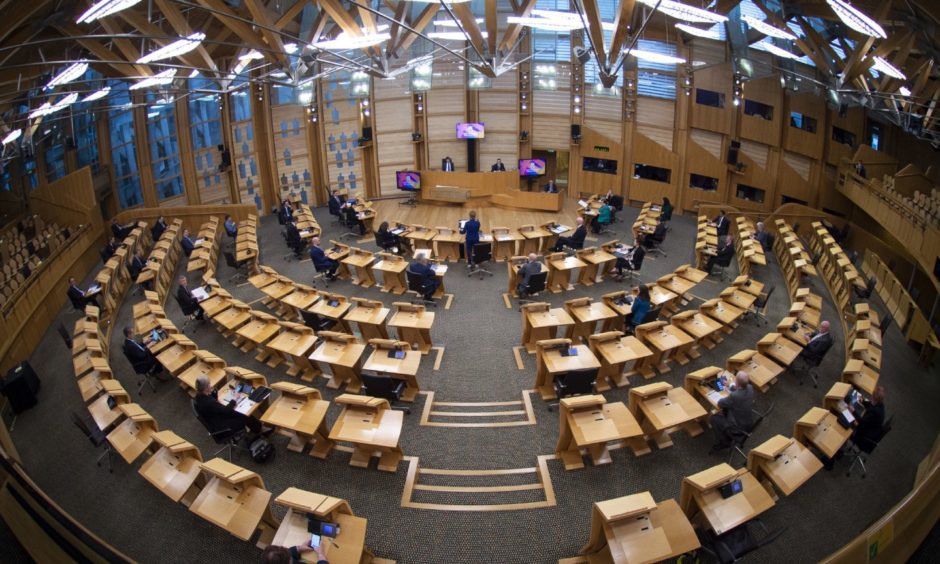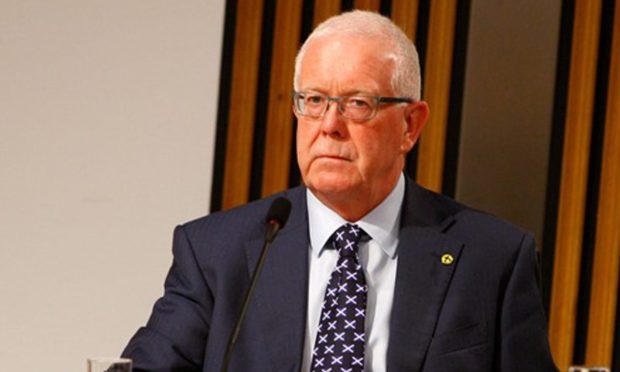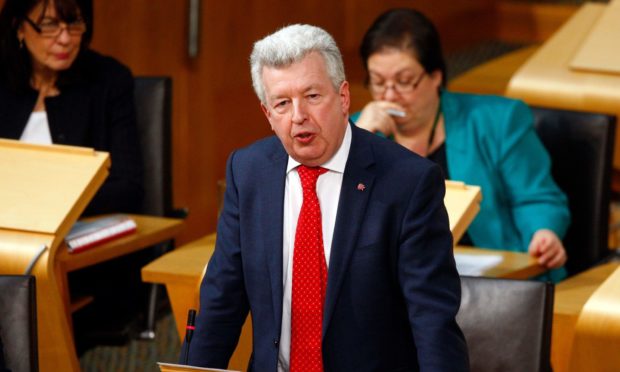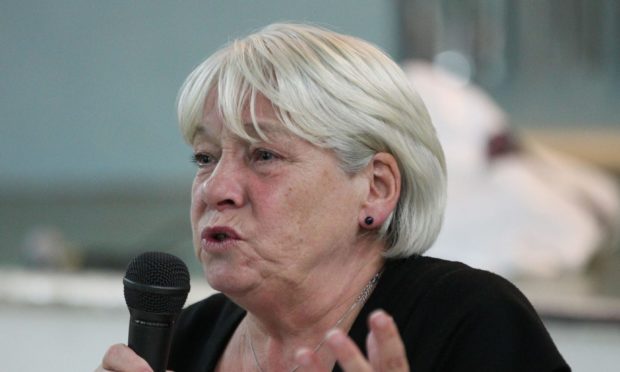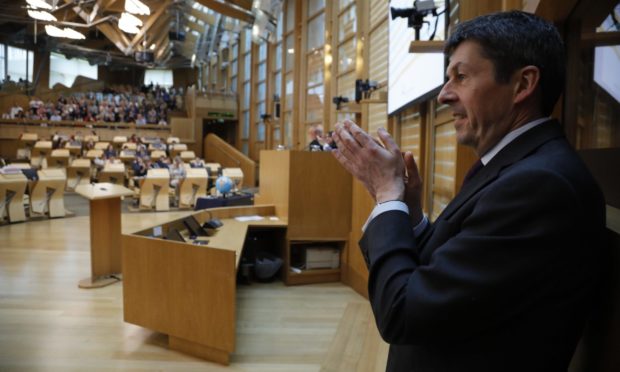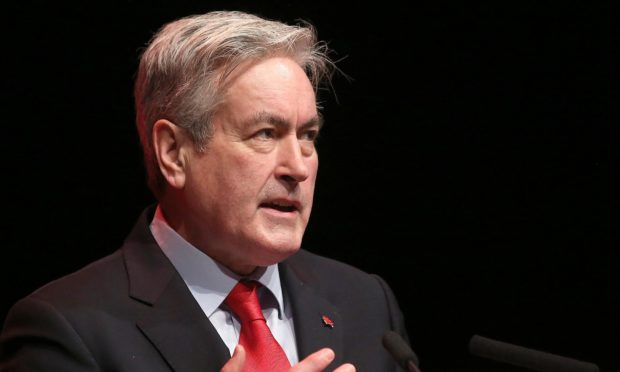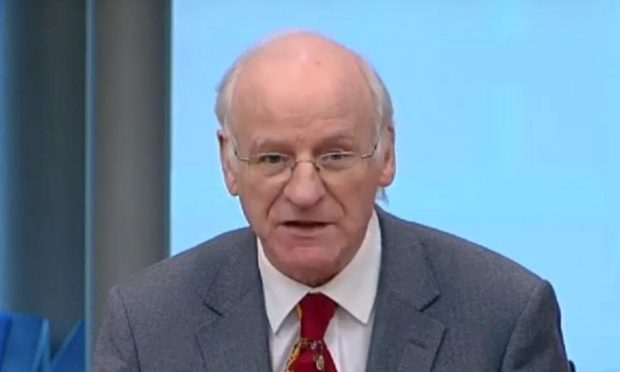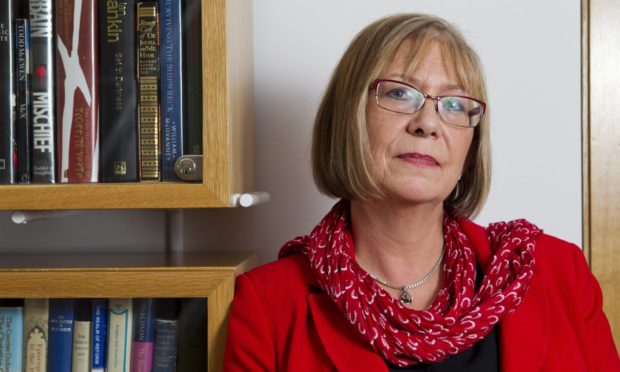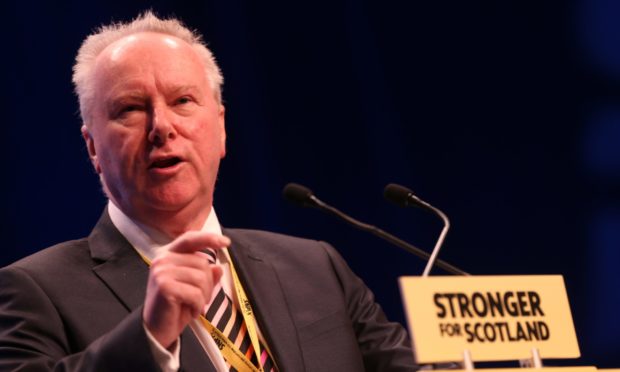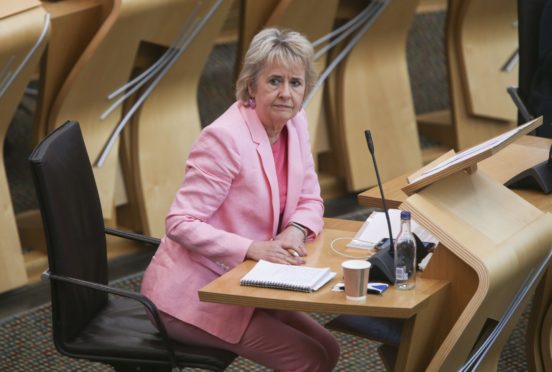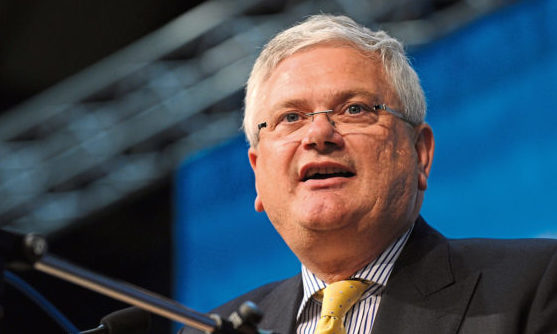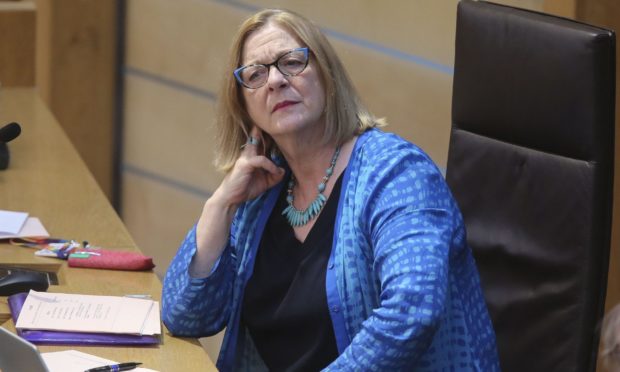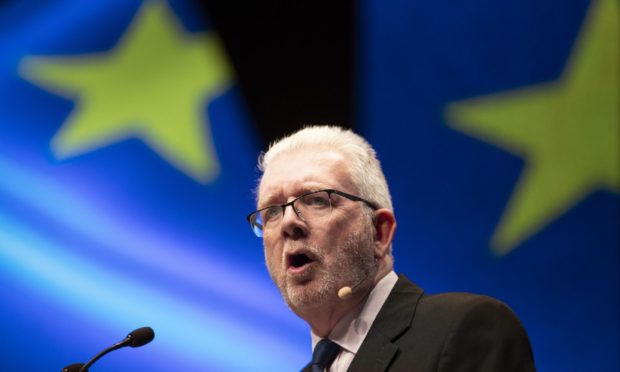Thursday May 6 1999 was a day that changed the course of Scottish history, as the country voted in its own parliament for the first time in 300 years.
A dozen MSPs elected that year – the 1999 Club – have announced their intention to stand down ahead of this year’s Scottish Parliament elections after more than two decades working at the heart of the institution.
For these seasoned politicians the Scottish political landscape has transformed as a consequence of the creation of the country’s national parliament more than two decades ago.
It was with excitement but also with a sense of trepidation that the 1999 intake approached the opening of a new parliament for Scotland – a new experiment in democracy and hailed as an opportunity to promote a new form of politics.
Several of the veteran MSPs interviewed as part of our series looking at their time in parliament remarked on the sense of “self-confidence” the country has developed over the last 22 years and a “massive change in the way Scots view themselves”.
However, there is a strong perception from the experienced group of politicians that the collegiate, less tribal way of doing business has been cast aside for increasing partisanship, with many describing an institution where political parties dominate to an “unhealthy degree”.
Fears were expressed from those within the 1999 Club that a looming exodus of veteran MSPs from Holyrood means the institution risks losing all “independence of thought”, with an increasing tendency by their younger colleagues to toe the party line.
‘Political impasse’
In our series it was claimed that this kind of growing divisiveness is not a failing of the Scottish Parliament but is a feature of Western democracies “at a time of crisis”.
However, other contributors believe the country has reached a “political impasse” in the last couple of years, with members less likely to reach across the divide and work collaboratively for the greater good of the country.
Some of the veterans from the 1999 intake argue the Scottish Parliament has achieved its potential in that it has established itself at the heart of Scottish public and civic affairs.
However, there are others, those who believe in independence, who say the parliament requires additional borrowing powers if it is to ever to be in a position to fulfil the needs of the Scottish people.
It will come as no surprise to reveal there is a fundamental disagreement between our 1999ers, with the SNP parliamentarians sharing the view that the parliament can only ultimately realise its ambitions by becoming independent and opposition MSPs who claim there is more the parliament could have achieved “if the government of the day was minded to do it”.
In looking at the success of the parliament and whether it has fulfilled what it set out to do, the reviews from its veteran MSPs are mixed and the assessment from many is that it remains a “work in progress”.
However, as it is put succinctly by one of our contributors, who can imagine a Scotland without the Scottish Parliament?
